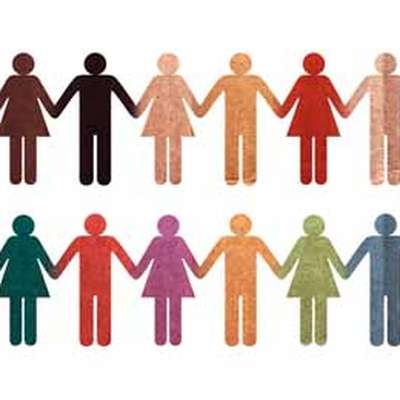The sociology of education is the study of how public institutions and individual experiences affect education and its outcomes.
It is most emphasized with the public schooling systems of modern industrial societies, including the expansion of higher, further, adult, and continuing education.
Education has always been seen as a fundamentally optimistic human endeavor characterized by aspirations for progress and betterment. It is understood by many to be a means of overcoming handicaps, attaining greater equality and acquiring wealth and social status. Education is perceived as a place where children can grow according to their unique needs and potential. It is also perceived as one of the best means of achieving greater social equality. Many would say that the purpose of education should be to develop every individual to their full potential and give them an opportunity to achieve as much in life as their natural abilities allow. Few would argue that any education system accomplishes this goal perfectly. Some take a particularly negative view, arguing that the education system is designed with the intention of causing the social reproduction of inequality.
History
A systematic sociology of education began with Émile Durkheim’s work on moral education as a basis for organic solidarity and that by Max Weber, on the Chinese literati as an instrument of political control. It was after World War II, however, that the subject gained renewed interest around the world: from technological functionalism in the US, egalitarian reform of opportunity in Europe, and human-capital theory in economics. These all implied that, with industrialization, the need for a technologically-skilled labor force cripples class distinctions and other ascriptive systems of stratification, and that education promotes social mobility. However, statistical and field research across numerous societies demonstrated a persistent link between an individual’s social class and achievement, and suggested that education could only achieve limited social mobility. Sociological studies showed how schooling patterns reflected, rather than challenged, class stratification and racial and sexual discrimination . After the general subsidence of functionalism from the late 1960s onwards, the idea of education as an unmitigated good was even more profoundly challenged. Neo-Marxists argued that school education simply produced a docile labor-force essential to late-capitalist class relations.

